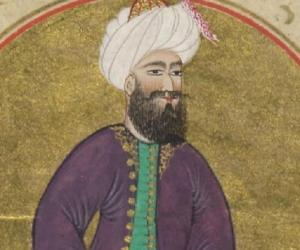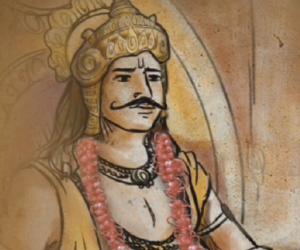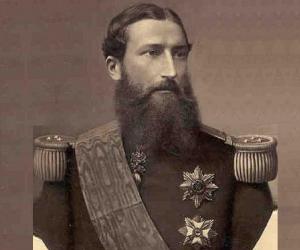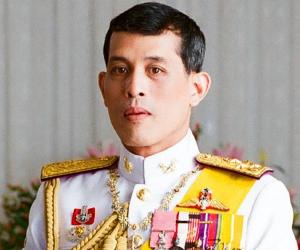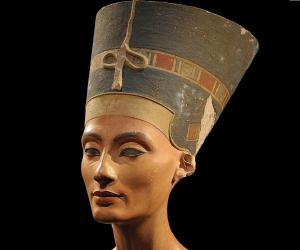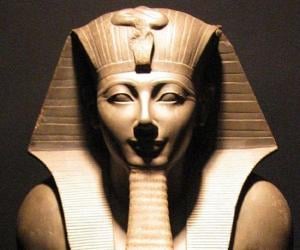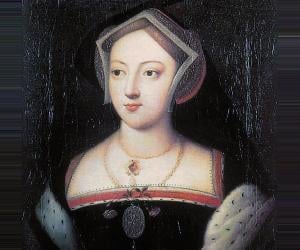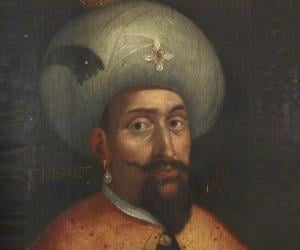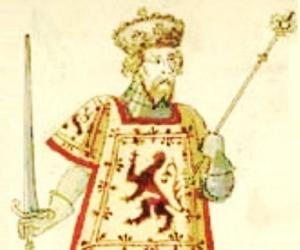Born In: Ahlat, Turkey
Ertuğrul
Ertuğrul was a 13th century Turkish chieftain or bey who is known as the father of Osman I, the founder of the Ottoman Empire. He is often described as the first person in Turkish history to move away from the nomadic lifestyle and settle down in Söğüt, which became the capital of the future Ottoman Empire. As such, he is often credited with events that eventually led to the founding of the Ottoman Empire. While the Ottoman tradition describes him as the son of Suleyman Shah, the leader of the Kayı tribe, some historians believe that he was the son of Gündüz Alp who was granted dominion over the town of Söğüt by the Seljuk Sultanate of Rum for his service in the fight against the Byzantine Empire. Some sources also believe that his wife, Halime Hatun, was a Seljuk princess, the daughter of a Seljuk ruler. He lived up to the age of 93, according to 15th century Ottoman historian Neşri, and spent the final years of his life quietly with his tribe.
